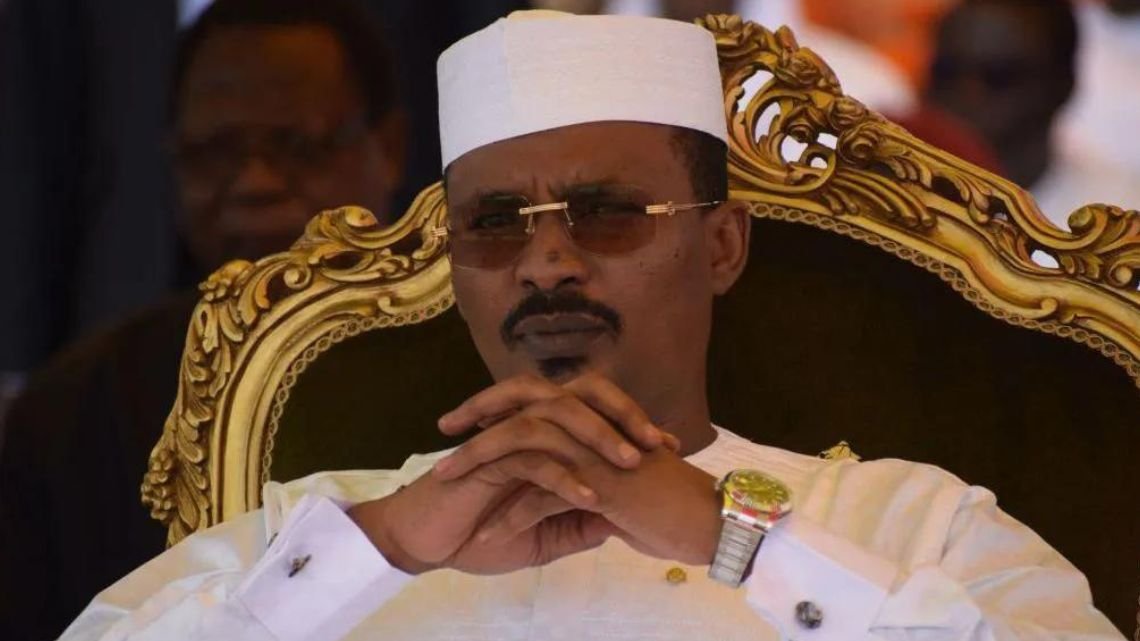Chad’s military ruler, Mahamat Déby, has been officially declared the winner of the presidential elections, consolidating his grip on power.
According to provisional results announced by the state’s election body, Gen Déby secured 61.3% of the vote. His closest rival, Prime Minister Succes Masra, garnered 18.53% of the vote.
Mr Masra had previously claimed a “resounding victory” in the first round of voting and alleged that the election process was marred by fraud.
Gen Déby assumed power following the death of his father, Idriss Déby Itno, who was killed in combat with rebel forces in April 2021. With this victory, the Déby family’s 34-year rule will continue.
In response to the announcement of the results, supporters of the ruling coalition took to the streets of N’Djamena to celebrate Gen Déby’s win.
In his victory speech posted on social media, he promised to serve all Chadians – “those who voted for me and president for those who made other choices”.
“I have a special thought for the unfortunate candidates who have lost the competition.”
Just before the election results were announced, Prime Minister Masra claimed victory in a live broadcast on Facebook, and called on his supporters and security forces to oppose what he said was an attempt by Gen Déby to “steal the victory from the people”.
“A small number of individuals believe they can make people believe that the election was won by the same system that has been ruling Chad for decades,” he said.
“To all Chadians who voted for change, who voted for me, I say: mobilise. Do it calmly, with a spirit of peace,” he added.
The results of Monday’s election were announced two weeks earlier than anticipated but are still subject to confirmation by the Constitutional Council.
Chad has become the first country in West and Central Africa, where the military seized power in recent years, to hold elections and restore civilian rule. However, critics argue that little has changed with the election of Gen Déby.
While Monday’s voting was largely peaceful, there were reports of at least one voter being killed, and some opposition groups reported irregularities on polling day. Additionally, ten politicians were excluded from running by the constitutional council due to “irregularities,” leading to allegations of political motivations behind the exclusions.
Furthermore, Yaya Dillo, a potential opponent and cousin of Gen Déby, was killed by security forces in February during an alleged attack on the National Security Agency in the capital, N’Djamena.
Activists had called for a boycott of the election, and many remain in exile following a deadly crackdown on opponents after protests in October 2022.
Chad, an oil-exporting country with nearly 18 million people, has not experienced a free and fair transfer of power since gaining independence from France in 1960. Idriss Déby seized power from Hissène Habré in 1990 and remained in control for three decades until his death on the battlefield in April 2021 at the age of 68.
Initially pledging to serve as interim leader for only 18 months, Gen Déby later extended his tenure. He also initially stated that he would not run for president.

